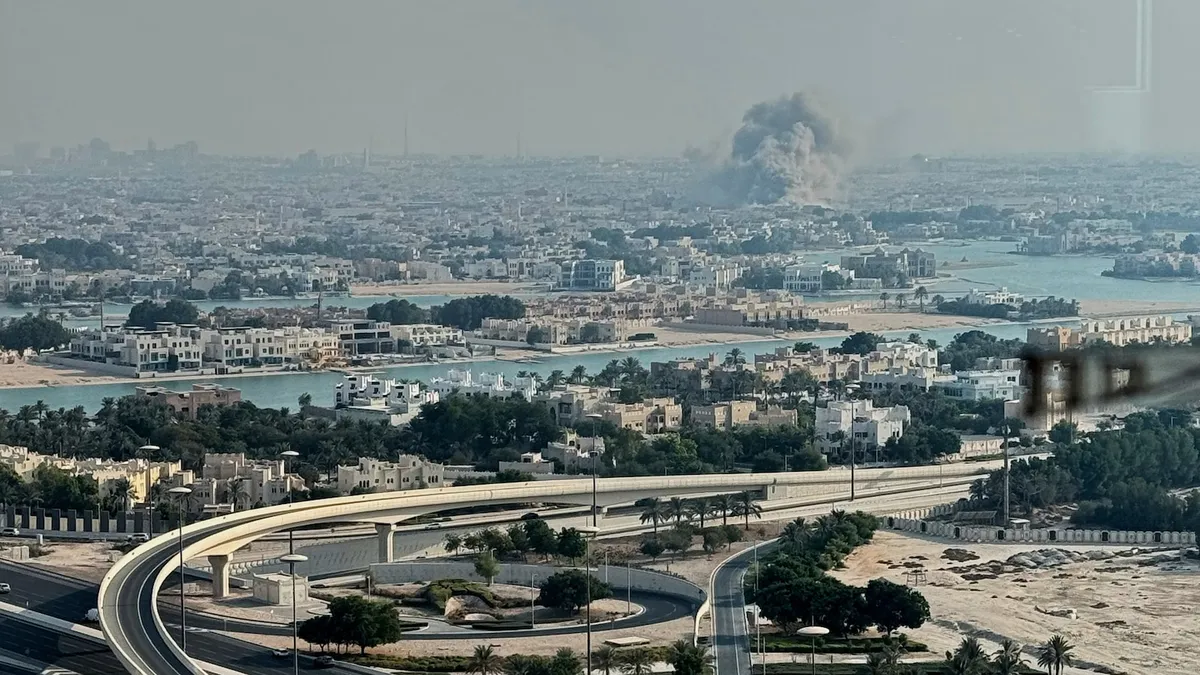
On Tuesday, Israel informed the United States that the likelihood of success for its airstrikes on a Hamas residence in Doha, Qatar, had significantly diminished. This information was relayed by two Israeli sources familiar with the matter, as reported by ABC News. This revelation appears to confirm Hamas' claims that the strikes did not achieve their objective of eliminating high-ranking Hamas officials. While five Hamas members and a Qatari official lost their lives in the operation, senior Hamas leaders reportedly survived, according to Hamas statements made on the same day.
During the time of the strike, a meeting was convened involving the Hamas negotiating team and several leaders to discuss proposals sent by the United States, including a document from former President Trump. Suhail al-Hindi, a Hamas political bureau official, disclosed this information in an interview with Al Jazeera. Among the fatalities was Dr. Khalil Al-Hayya, a prominent Hamas leader and the head of its negotiating team for a ceasefire with Israel. Al-Hayya, however, survived the attack.
In light of these events, Qatar expressed its desire for a united response to Israel's actions. Qatari Prime Minister Mohammed bin Abdulrahman bin Jassim Al-Thani commented in an interview with CNN that there is an ongoing consultation with regional partners regarding a potential response. He articulated a hope for a significant reaction that would deter Israel from what he described as "bullying." Furthermore, Al-Thani announced an upcoming Arab-Islamic summit in Doha, where leaders will deliberate on a course of action in response to the Israeli strikes.
In a video statement, Israeli Prime Minister Benjamin Netanyahu warned Qatar to either expel Hamas or bring them to justice, adding, "If you don't, we will." In a sharp rebuttal, Al-Thani stated that Netanyahu himself should be held accountable, referencing arrest warrants issued by the International Criminal Court (ICC) for Netanyahu and former Defense Minister Yoav Gallant on charges of war crimes linked to Israel's military actions in Gaza. Both Netanyahu and Gallant have denied any wrongdoing.
Netanyahu asserted that Israel acted independently and took full responsibility for the airstrike in Doha. He stated that he had convened heads of Israel's security organizations to authorize a "surgical precision strike" aimed at Hamas leadership. The Israeli government characterized the strike as a necessary action against Hamas, alleging that the group orchestrated the October 7, 2023, attack on Israel. Israeli Defense Minister Israel Katz emphasized that Israel's security policy dictates that its forces will pursue enemies globally, declaring, "There is no place for them to hide."
The attack has drawn widespread criticism from various countries, including Arab nations, the United Kingdom, and France, all condemning the strike on sovereign land. Former President Donald Trump expressed his discontent with the situation, stating, "I'm not thrilled about the whole situation... we want the hostages back." He noted that the unilateral bombing in Qatar, a close ally of the U.S., does not contribute positively to the broader goals of either Israel or America.
Despite these tensions, Qatar has reiterated its commitment to mediating ceasefire negotiations between Hamas and Israel, a role it has maintained alongside Egypt. Over the years, the leadership of Hamas has been based in Doha, working to secure ceasefire agreements and facilitate hostage release deals. The situation remains complex as Israel continues to assert its military actions are justified while facing growing international scrutiny.
The airstrike in Doha marks a significant escalation in the ongoing conflict between Israel and Hamas, raising questions about regional stability and international law. As both sides navigate this contentious landscape, the future of peace negotiations hangs in the balance.